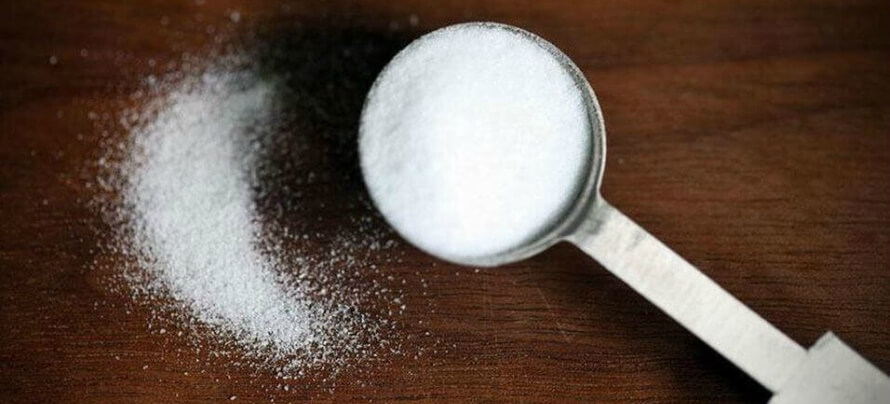Creatine monohydrate, what is it? What does it do? Should you take it? Is it safe? There are a lot of questions still about this supplement, and I am going to try to help with that.
I am going to give you the TLDR upfront because there is a lot of information here.
The International Society of Sports Nutrition outlines that creatine has shown to be a safe way to improve performance, muscle gain, strength, and recovery while also potentially having other health benefits as well as likely showing positive effects on specific diseases.
ATP is your body’s primary source of power production; you can think of it kind of like your personal gas tank. ATP is even more critical when it comes to strength and high-intensity activities. When ATP has depleted, performance decreases rapidly. You can think of creatine stores in the body as a gas pump. Creatine acts to help replenish lost ATP allowing for longer-lasting improved performance.
I will outline their findings in more depth below if you are interested.

“Supplementation with creatine monohydrate has been shown time and time again in 1000’s of studies to increase performance and adaptation for strength, muscle size, overall anaerobic performance, and recovery.”
Ok, creatine helps in performance profoundly, but is it safe?
“Over 1,000 studies have been conducted, and billions of servings of creatine have been ingested. The only consistently reported side effect from creatine supplementation that has been described in the literature has been weight gain.”
Now stay with me here; do not get weirded out. That cause of weight gain is due to the hyperhydration of muscle tissue. Put another way; your muscles get a little bit of extra water, which again is helpful. From the perspective of aesthetics, you look more muscular, not bloated.
Ok, so we understand creatine is excellent for performance and recovery as well as safe. What other neat stuff does it do?
“There are small amounts of research that find creatine could have potential benefits for neuromuscular diseases like muscular dystrophies, Huntington’s disease, Parkinson’s disease, as well as mitochondria-related diseases, and amyotrophic lateral sclerosis or Lou Gehrig’s Disease. There are also potential small benefits in areas of myocardial bioenergetics during ischemic events.
A growing collection of evidence supports that creatine supplementation may improve health status as individuals age. “In this regard, creatine supplementation has been reported to help lower cholesterol and triglyceride levels; reduce fat accumulation in the liver; reduce homocysteine levels; serve as an antioxidant; enhance glycemic control; slow tumor growth in some types of cancers; increase strength and/or muscle mass; minimize bone loss; improve functional capacity in patients with knee osteoarthritis and fibromyalgia; positively influence cognitive function; and in some instances, serve as an anti-depressant.”
References
Kreider, R., Kalman, D., Antonio, J., … et al. (2018) International Society of Sports Nutrition position stand: safety and efficacy of creatine supplementation in exercise, sport, and medicine. Journal of the International Society of Sports Nutrition, 14(18)

